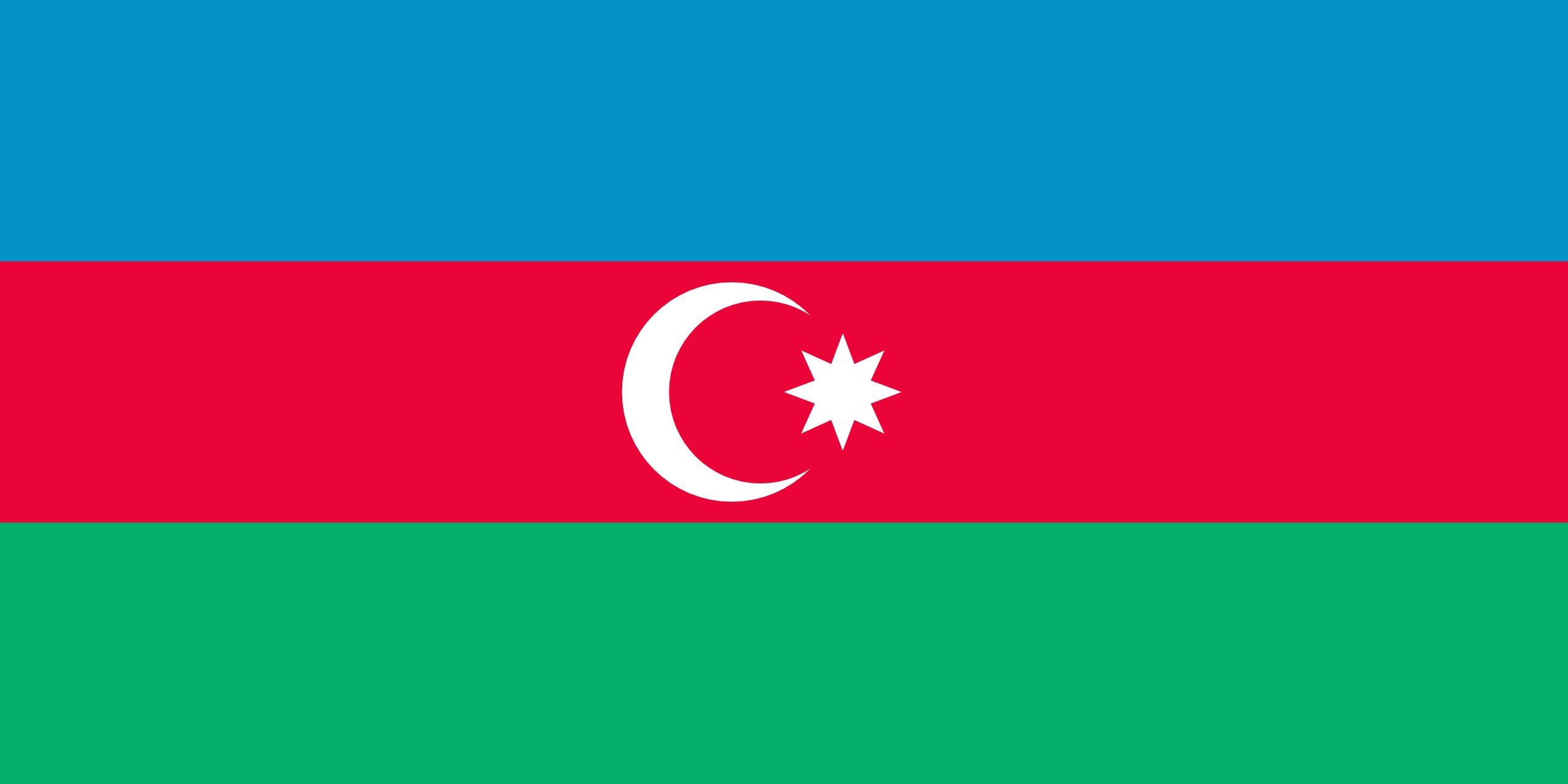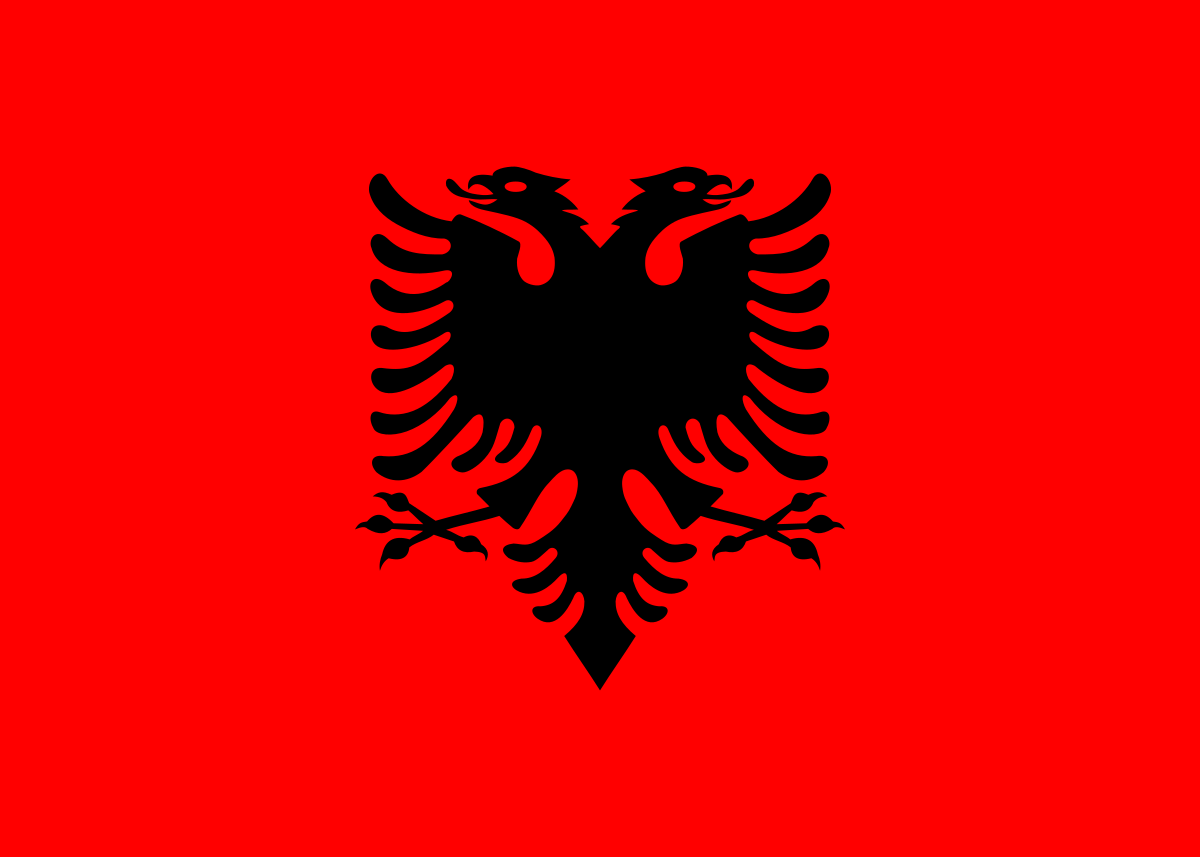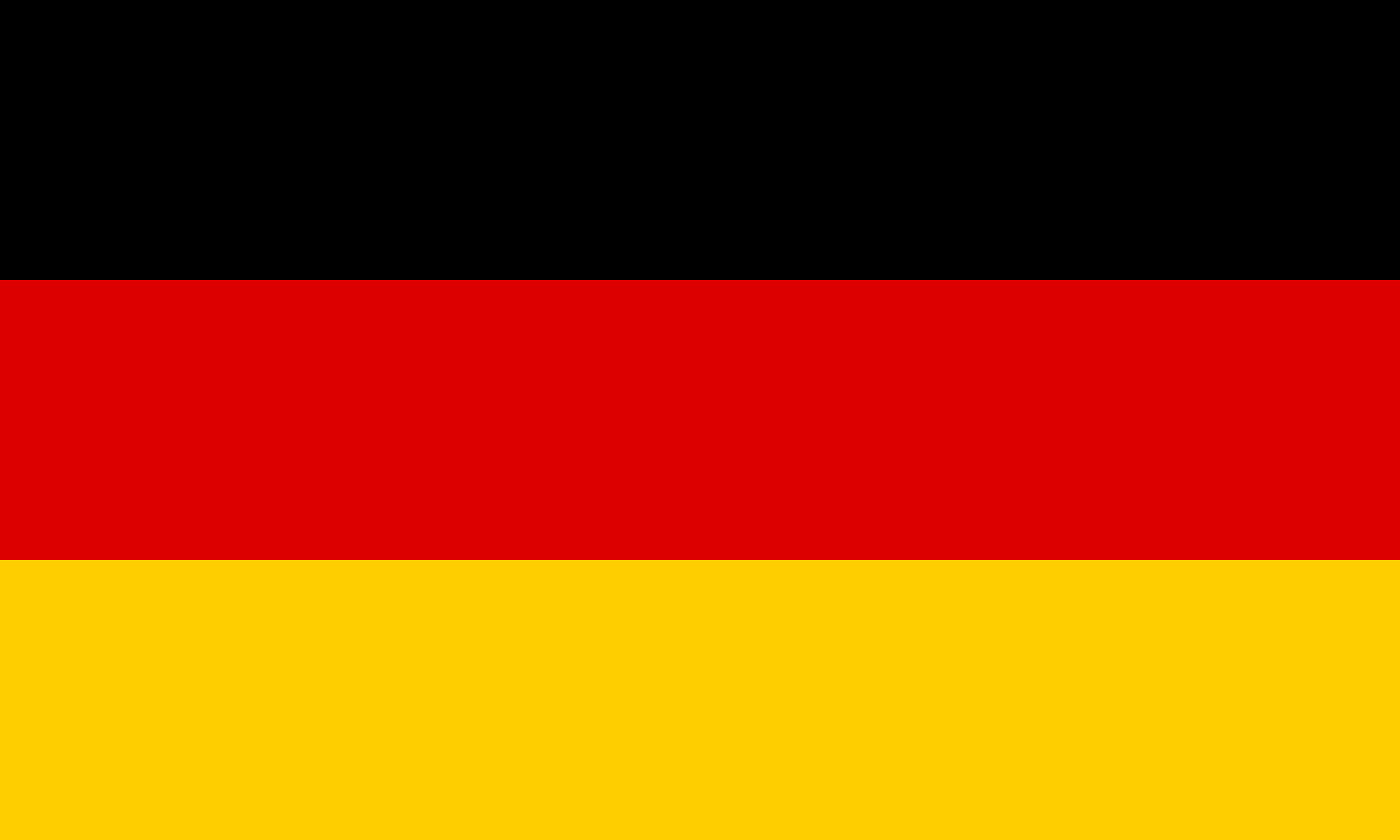ISO 37001 Certificate: An International Standard for Anti-Corruption
The ISO 37001 Certificate was developed and published in October 2016 by the International Organization for Standardization (ISO) to create a management system aimed at combating corruption and to support the system’s implementation and development through practices. According to the ISO 37001 standards, the certificate is only valid for issues related to corruption. The draft of the certificate focuses on the identification of corruption first, followed by measures for its prevention, which organizations can implement by integrating internationally approved measures into established standards. This system has been made available to both public and private sector organizations. ISO 37001, with its international standards, is applicable to all organizations without any distinction and is comparable in status to OHSAS 18001, ISO 45001, ISO 9001, and ISO 14001 certificates. As a result, it can also be integrated into management systems. In the context of the organization’s activities, the following measures are implemented in the anti-corruption process:
- Corruption occurring within the organization
- Corruption carried out by someone actively involved or working for their own interests within the organization
- Corruption carried out by a business partner acting on behalf of the organization to benefit it
- Corruption in public or private sector industries
- Direct or indirect corruption
ISO 37001 Anti-Corruption Management System Requirements
Today, many countries require organizations and institutions to possess the ISO 37001 certificate. The primary reason for making the ISO 37001 certificate mandatory is to ensure that institutions become aware of the corruption risks they face frequently and to provide them with a structured approach to combat it. Like all international standards, the anti-corruption management system has specific requirements that must be followed. These requirements are as follows:
Conducting Commercial and Financial Controls
To minimize the possibility of corruption, commercial and financial controls must be effectively implemented. This is crucial for ensuring that the organization’s financial transactions are conducted transparently and correctly.
Implementing Anti-Corruption Policies
The policies designed to fight corruption must be diligently implemented. These policies aim to reduce the risks of corruption and prevent such acts from occurring.
Defining Audit Process Authorities and Responsibilities
The authorities and responsibilities necessary for the organization’s audit process must be defined. This process clarifies the actions that need to be taken in the fight against corruption and ensures effective management.
Evaluating Corruption Risks
Corruption risk assessments must be carried out, and appropriate measures should be taken based on the evaluation. This helps organizations identify potential corruption risks early on.
Verifying Stakeholder Commitment to Anti-Corruption Measures
It is necessary to ensure that stakeholders are adhering to their anti-corruption obligations. This guarantees transparency across all organizational processes.
Compliant Reporting Steps
Reporting steps in line with ISO 37001 standards must be followed. This indicates that the anti-corruption system is functioning effectively.
Providing Anti-Corruption Training for Personnel
It is necessary to provide personnel with the required training regarding the anti-corruption system. This ensures that employees are aware of the system and its functioning.
Informing Stakeholders and Employees
Stakeholders and employees should be informed about the relevant standards for anti-corruption and the operational procedures related to the system.
Benefits of ISO 37001:2016
The ISO 37001 Anti-Corruption Management System Certificate provides significant benefits to organizations that implement its standards. These benefits include:
Reducing Corruption Risks
Implementing an effective anti-corruption organization assures that no one in the organization will encounter a situation involving corruption. This increases the trustworthiness of the organization.
Protecting Reputation
ISO 37001 minimizes the risk of illegal corruption activities and prevents harm to the organization’s reputation. This, in turn, boosts the organization’s brand value.
Facilitating International Collaboration with Business Partners
The standard provides business partners with the opportunity to follow anti-corruption processes through internationally recognized standards, creating a secure environment for all stakeholders.
Easy Integration into Existing Management Systems
ISO 37001 is structurally compatible with ISO 45001, ISO 14001, and ISO 9001, making it easy to integrate into existing management systems.
Guiding the Implementation and Certification Process
By conducting analyses during the application and certification stages, organizations are provided with guidance, making the process easier to complete.
How to Obtain the ISO 37001:2016 Anti-Corruption Management System Certificate?
Organizations that wish to obtain the ISO 37001 certificate must follow a certain process. This process helps the organization establish and maintain an anti-corruption management system:
Application Submission
The first step is to apply for the ISO 37001 certificate. This application initiates the process of setting up an anti-corruption management system.
Documentation Setup
For obtaining the ISO 37001 certificate, it is necessary to set up the required documentation. This documentation consists of documents regulating the organization’s anti-corruption processes.
Audit Planning
After the application, the independent auditors will plan the audit process. The audit evaluates how well the anti-corruption management system complies with the standards.
Conducting the Audit
The planned audit process assesses how well the organization adheres to ISO 37001 anti-corruption management system standards.
Certificate Delivery
Once the audit process is successfully completed, the ISO 37001 certificate is granted. This certificate shows that the organization complies with international anti-corruption standards.
A Strategic Step in Anti-Corruption Efforts
The ISO 37001 Anti-Corruption Management System is not just a certificate, but also a strategic security measure for organizations. The effective measures taken to combat corruption play a significant role not only in fulfilling legal requirements but also in protecting the long-term success and reputation of the company. Therefore, obtaining the ISO 37001 certificate is a crucial step for any organization.







